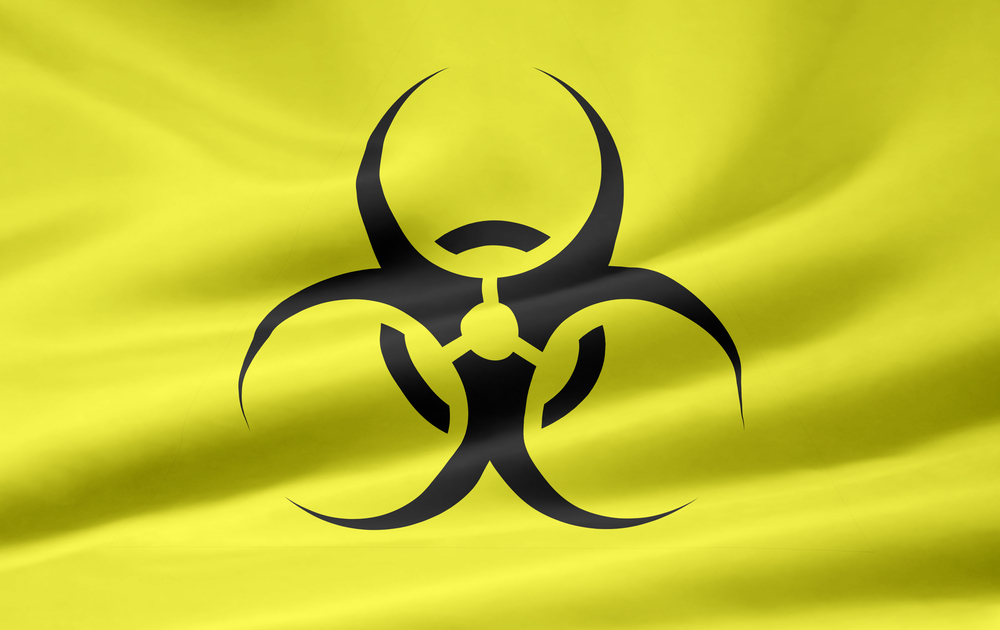
Policy leaders and scientific experts met in November to assess the impact of advances in technology on biological risks and brainstorm new ideas to address them.
The meeting — sponsored by the Nuclear Threat Initiative (NTI), Oxford University, and Johns Hopkins University — included representatives from 13 countries with expertise in life sciences and bioengineering, biodefense and biosecurity, science policy, public health, infectious diseases, and catastrophic risks.
Advances in science and technology will make it easier to develop bioweapons capable of causing a high-consequence event, which could produce catastrophic epidemics. The international capacity to deal with these events requires careful consideration and planning.
“This is a serious challenge that the global community must continue to address,” NTI Bio Vice President Beth Cameron said. “The confluence of advances in technology, increasing global insecurity and disorder, and the potential for breakdown in established norms necessitates new ideas to reduce risk and prevent misuse.”
The meeting participants came up with several ideas to prevent, mitigate, and manage high-impact biothreats. One of the solutions is to promote global research coordination networks that share functional, technical, and policy norms and enhance transparency among researchers to promote collaborative global biodefense. Another idea is to pilot concepts for awarding a “seal of approval” among researchers and institutions to develop incentives for responsible science and disincentives for irresponsible behavior. Additionally, they said they need to mitigate risks of misuse associated with enabling technologies and services, such as DNA synthesis and cloud-based laboratories. Finally, they would like to see the development of an international response framework that maps gaps in the response architecture for biological weapons events.
“Almost all participants agreed that scientific researchers, their institutions, and non-governmental global networks have a responsibility to assess and reduce risks associated with advances in science and technology that can reduce the barriers to developing and using bioweapons,” NTI Senior Director Jake Jordan said, referring to the results of anonymous polling of participants. “One major goal coming out of this meeting is to gain commitments from technical leaders around the world to work within their countries and regions to make this view the norm.”




